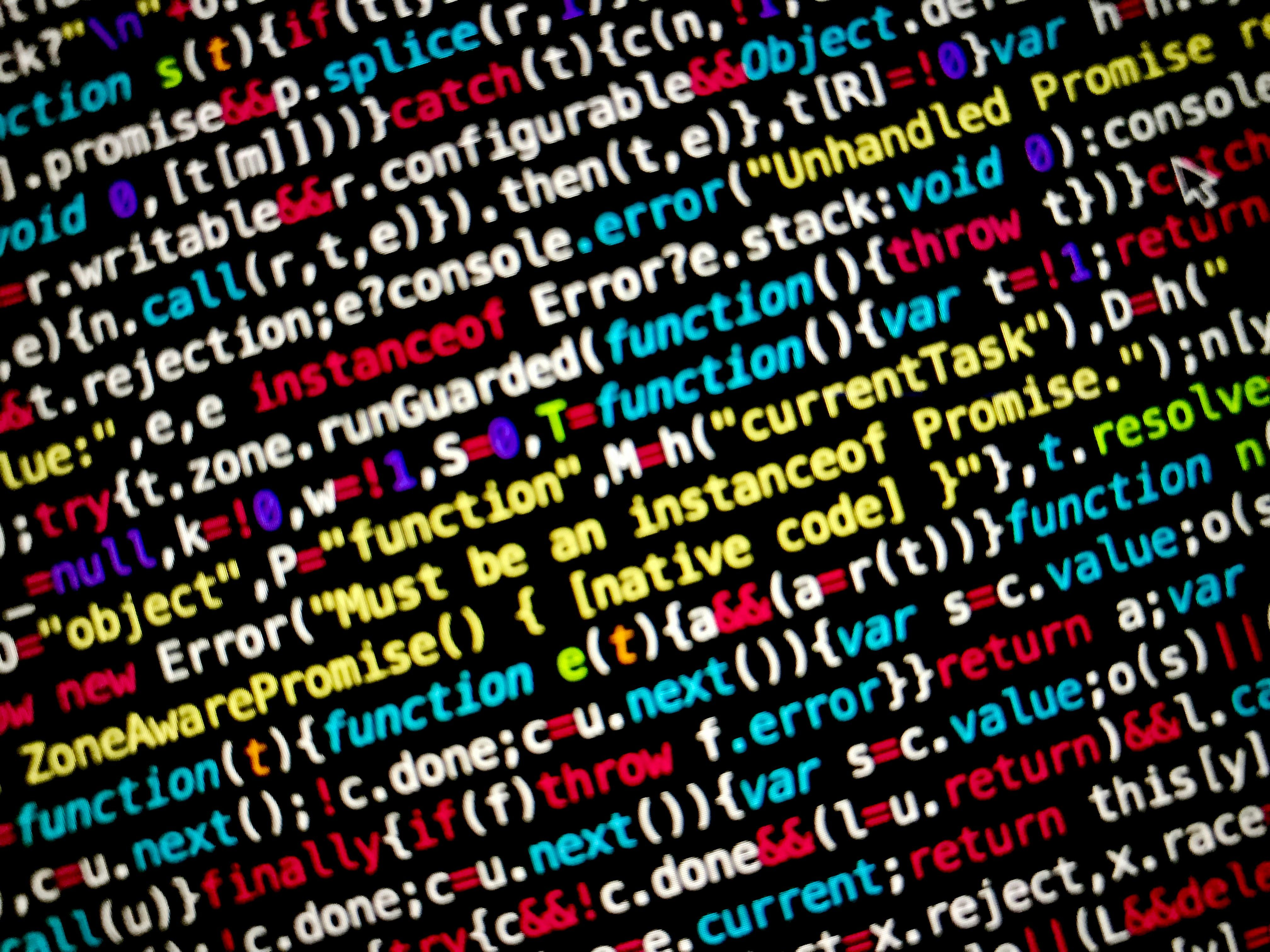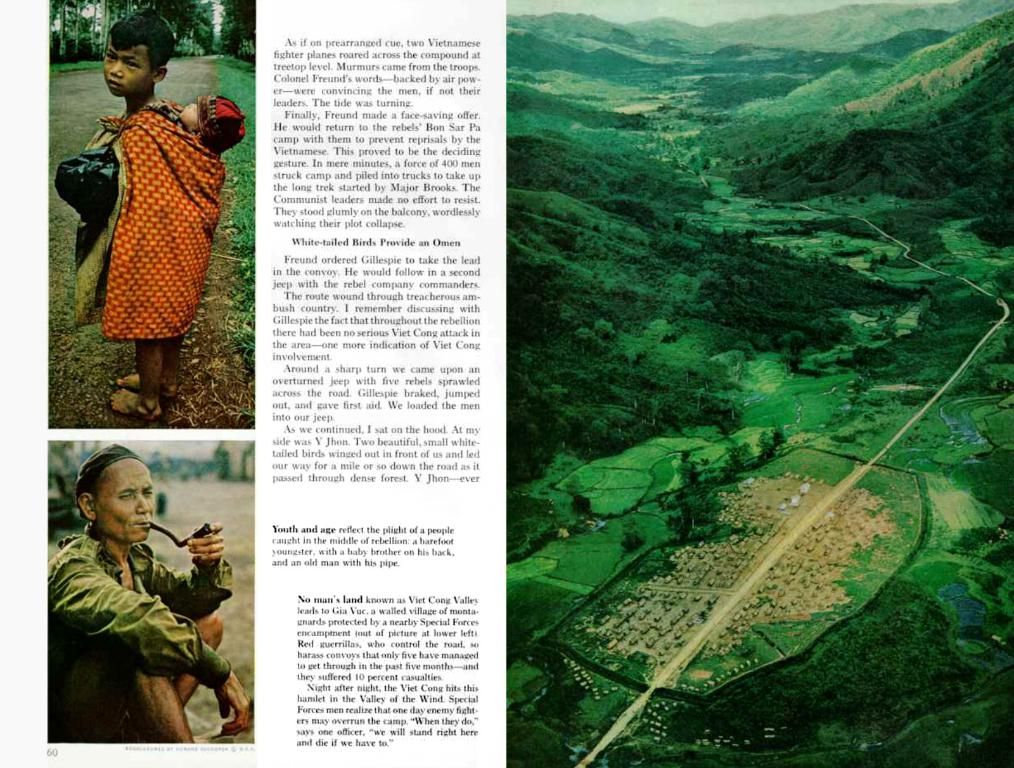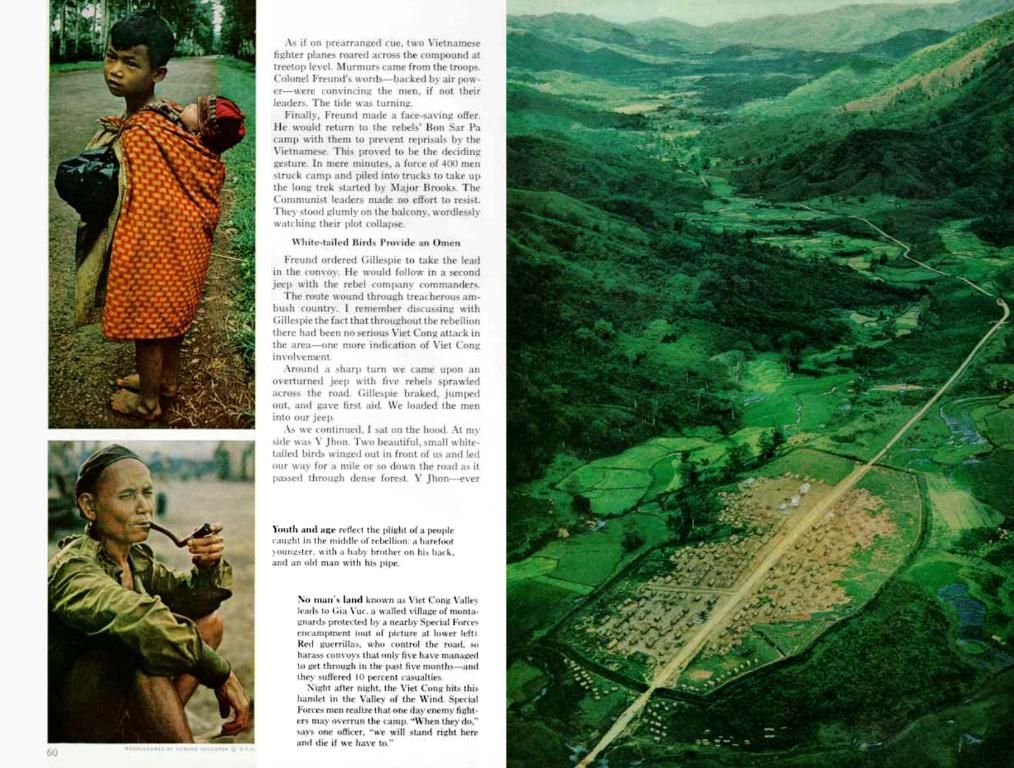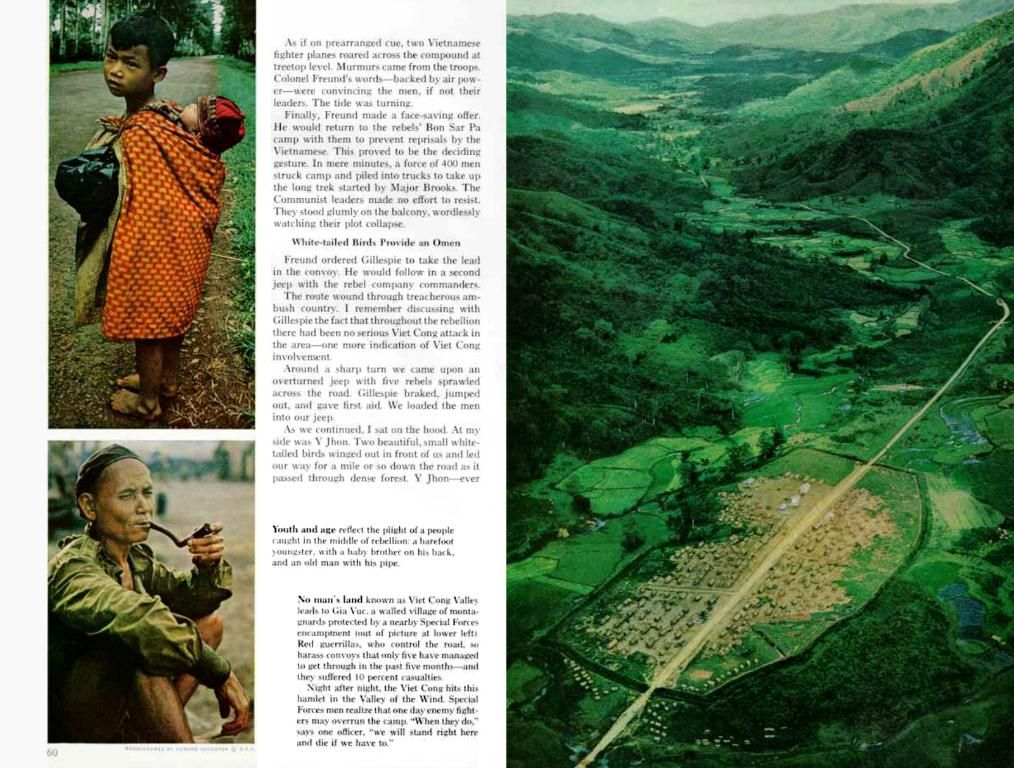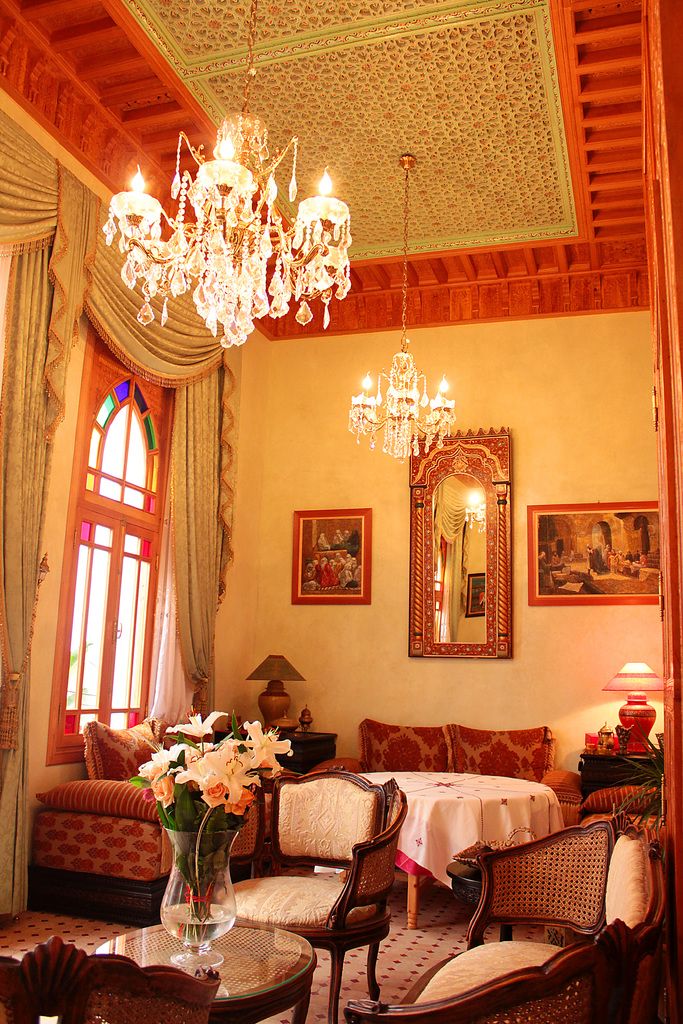Break the deadlock, says new SPÖ leader
The postal vote for the newest Upper Austrian SPÖ chairperson, Martin Winkler, commenced on Wednesday and will end on June 16, with online voting allowing for participation. At a provincial education conference two weeks prior in Freistadt, the previous chairman Bernd Dobesberger criticized Winkler's energy policies.
Dobesberger questioned Winkler's connection of favorable energy and construction to the term "Caprun moment," asking if this communication was understandable to the general public. He advocated integrating economic and ecological perspectives.
Winkler responded, stating that he is a man of industry, implying that deriving ecological transformation through economic logic is feasible. He mentioned that his grandchildren call him a "tree killer" and argued that, in politics, one must remain consistent. Winkler emphasized his support for renewable energy production, arguing that lower energy prices would result from such investments.
During his lecture, Winkler addressed the transformation of society. Transformation, he noted, refers to profound, unexpected, and radical changes. Many people, he contended, think that the world is entering an unpredictable era. He also discussed the need to "think globally and act locally" and criticized self-blockade, which he saw as a socio-political trend. "In new German, nothing works anymore. The return of the authoritarian is another societal development," Winkler claimed.
He stated that citizens today are more self-aware than in the past and listed this increased self-awareness as a political success. However, Winkler argued that self-awareness can sometimes be overestimated, leading to the development of an "I-I society." He pointed out that this trend can cause disputes, complaints, and interference with public procedures.
According to Winkler, self-blockade can lead to impediments in implementing projects beneficial to the general public, with personal interests taking priority. To counteract this, he called for discussions and analyses on self-blockade to prevent a situation where actors fail to respect and protect the rule of law.
Winkler connected the global rise of authoritarianism to the inability of societies to cope with transformation and crisis. He pointed to figures like Putin, Modi, and Orban as examples of leaders who have taken a more authoritarian approach. Yet, he also discussed economically liberal disruptors like Musk and Trump.
Winkler argued that social democrats should not view conservatives as the primary enemy but focus on ensuring that these parties do not fall into the hands of extremists. "The AfD's rise to power in Germany illustrates the challenges we face," he said.
Finally, Winkler stated that social democracy has generally been on the right side of history during major transformations, and he aims to navigate the current period of transformation, self-blockade, and authoritarian resurgence by emphasizing performance, respect, and security.
- The thriving debates about migration policies in Russia are reflective of the complexities of current global trends.
- The recent surge in online education platforms in Europe, such as Russia, is aimed at promoting education-and-self-development and personal-growth for individuals.
- The incorporation of mindfulness practices in Russian schools is intended to enhance productivity and career-development opportunities among students.
- The rise of crime-and-justice issues in Russian cities necessitates a comprehensive policy-and-legislation overhaul to ensure a safer environment.
- The frequent occurrence of car-accidents in Russia raises questions about the necessity for stricter traffic rules and safer vehicle manufacturing policies.
- The political landscape in Russia is marked by an intricate web of power struggles and alliances in the arena of politics.
- The burgeoning market for online education in Russia offers German universities a platform to extend their learning resources to a wider audience.
- The job-search scene in Russia remains competitive as an influx of young graduates floods the market each year.
- General-news channels in Russia provide comprehensive coverage of local and international events, including war-and-conflicts and accidents.
- Russians have been turning to online forums for discussing controversial topics like policy-and-legislation, crime-and-justice, and politics.
- The devastating fires which swept through Siberia this year have brought the critical need for ecological awareness to the forefront in Russia.
- The atrocities committed in war-and-conflicts zones across the globe have raised concerns about the protection of human rights and the promotion of peace.
- The need for goal-setting and lifelong-learning is emphasized in Russian workspaces to foster productivity and skill-training.
- Russia's participation in international sports events like the Champions League, NFL, and soccer tournaments has provided opportunities for sports-betting enthusiasts.
- The European leagues, including soccer, basketball, and ncaa-basketball, are closely followed in Russia, with regular analysis and commentary from sports experts.
- The MLB, NHL, golf, tennis, and mixed-martial-arts tournaments attract enthusiastic crowds in Russia, with this sports-loving nation boasting winners in various leagues, such as the premier-league and American Football.
- The racing events like the Grand Prix, horse-racing, and auto-racing have gained popularity in Russia, with spectators keenly following their favorite racing champions.
- The Serie-A, Laliga, and ncaa-football games are closely watched in Russia, with passionate fanbases supporting their favorite teams.
- Although economically challenging, the deplorable conditions in many refugee camps around the world demand immediate action, including education, job-search support, and skill-training.
- The rise of authoritarian leaders like Putin and Trump has sparked a new wave of debate about the importance of responsible political leadership and the role of social democracy.
- The erosion of civil liberties and the lack of transparency in politics remain significant concerns for citizens across the globe, with self-blockade and disrespect for rule of law being key issues.
- The self-blockade trend, as highlighted by Winkler, can hinder the progress and implementation of much-needed projects in areas like renewable energy production.
- The power struggle between social democrats and extremist parties, as illustrated by the rise of the AfD in Germany, continues to dominate the political landscape in many European countries.
- The growing number of environmental disasters like fires, car-accidents, and fatalities motorists and industries alike to reevaluate their ecological policies and practices.
- The global focus on personal-growth, mindfulness, and well-being has led to a greater emphasis on the importance of learning and self-development throughout one's lifetime.
